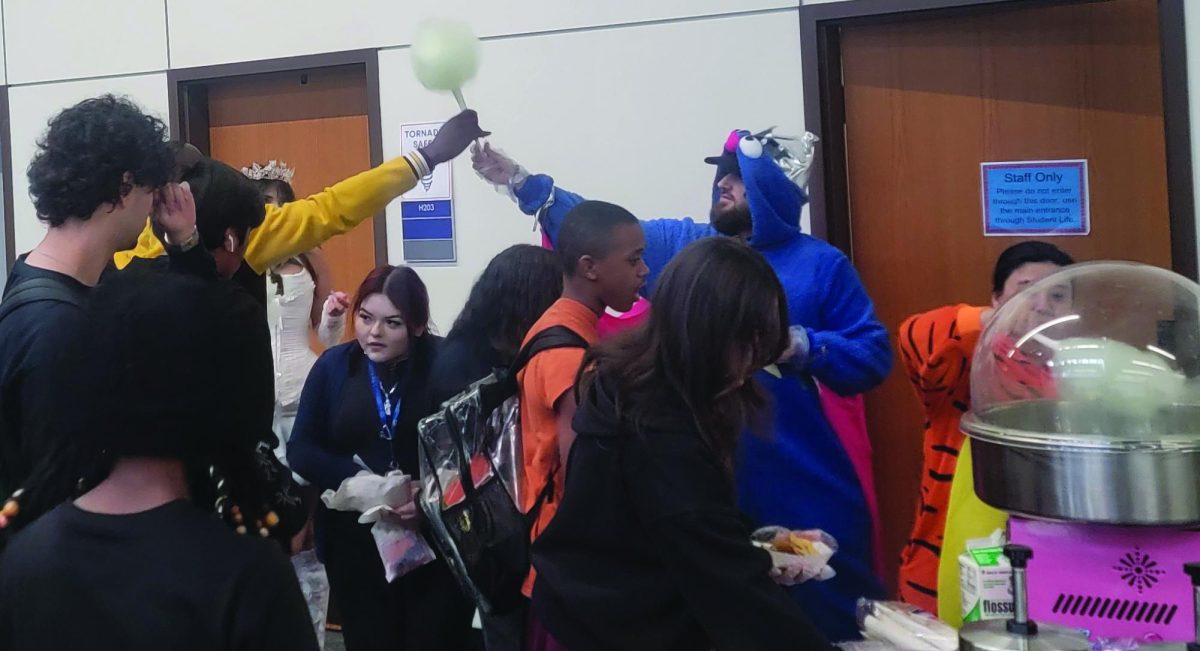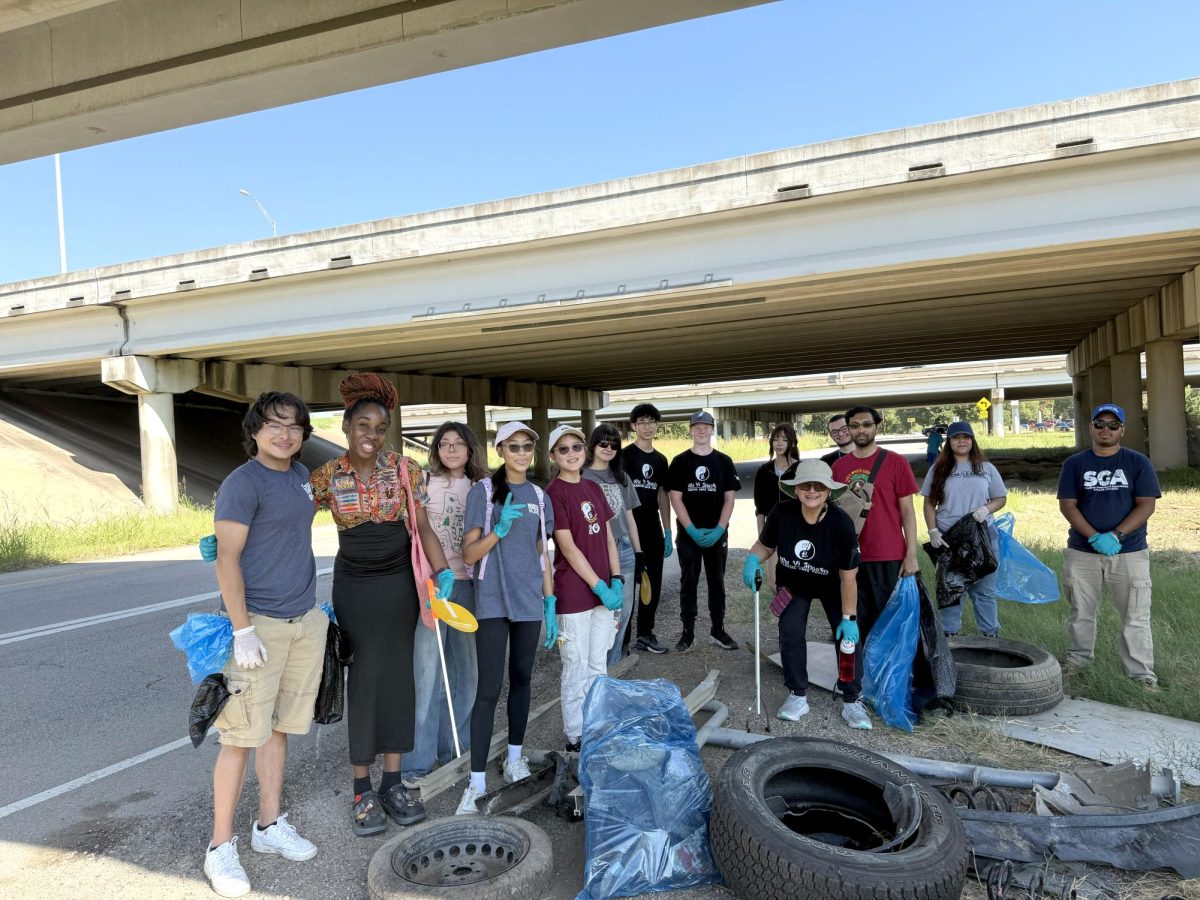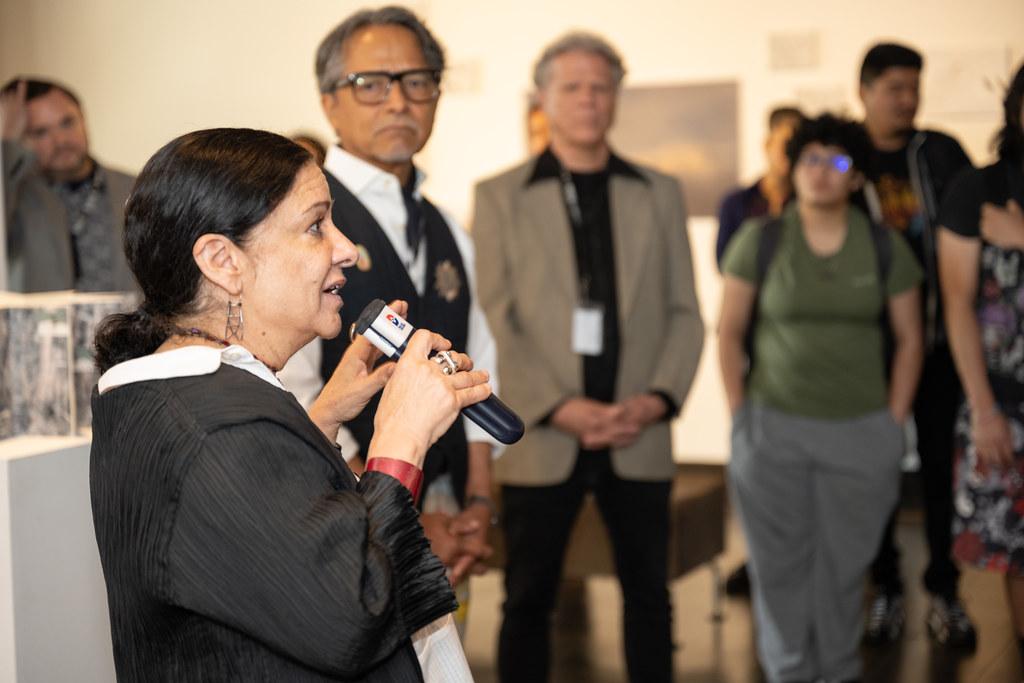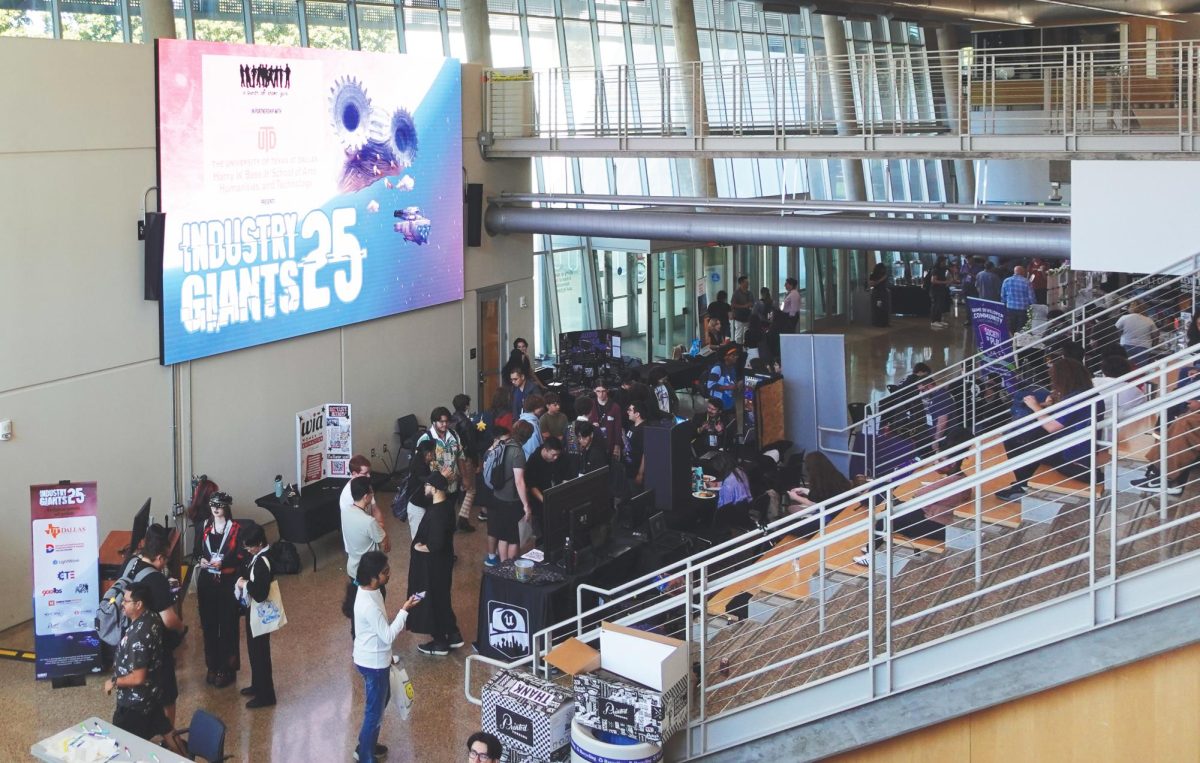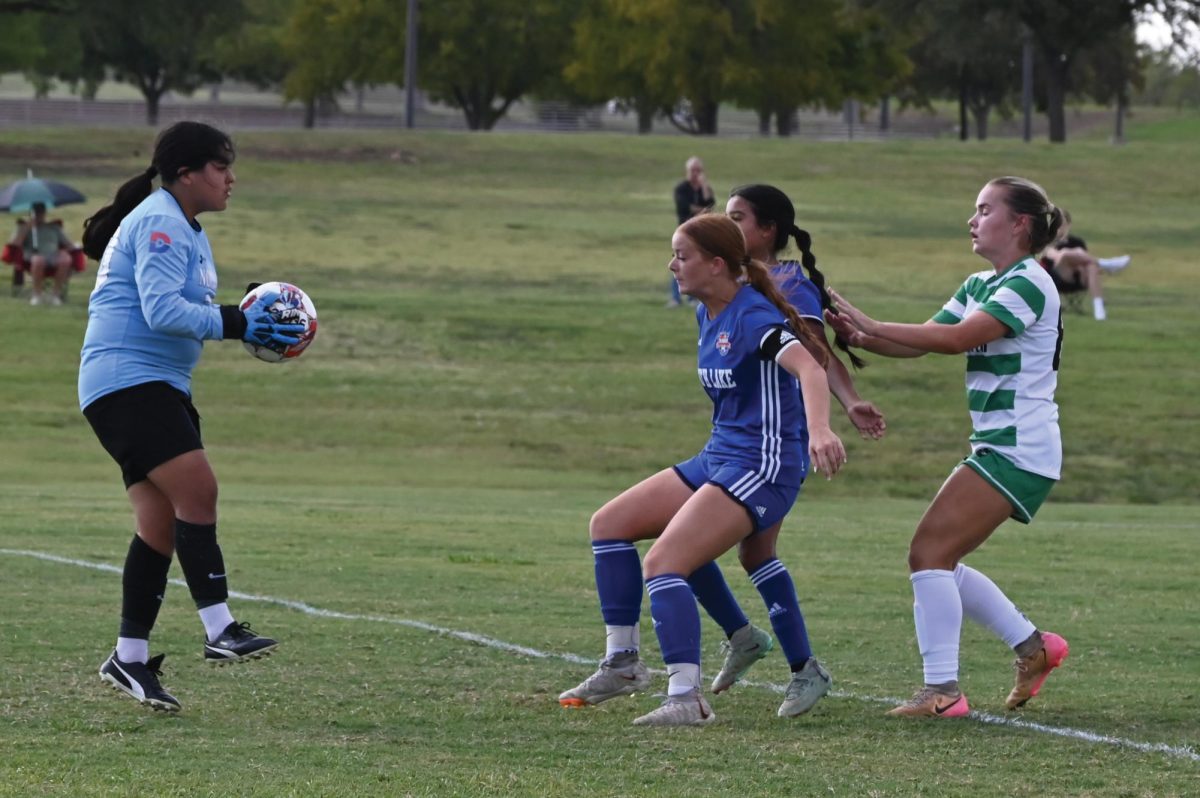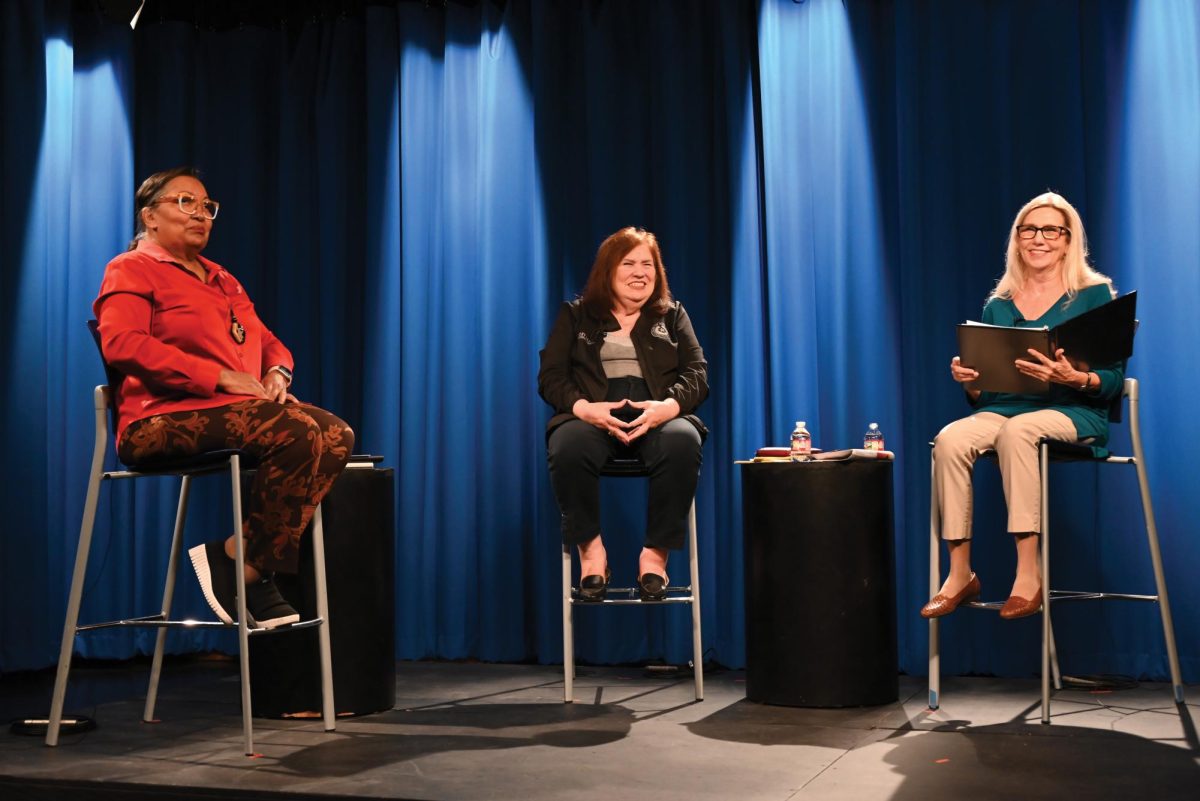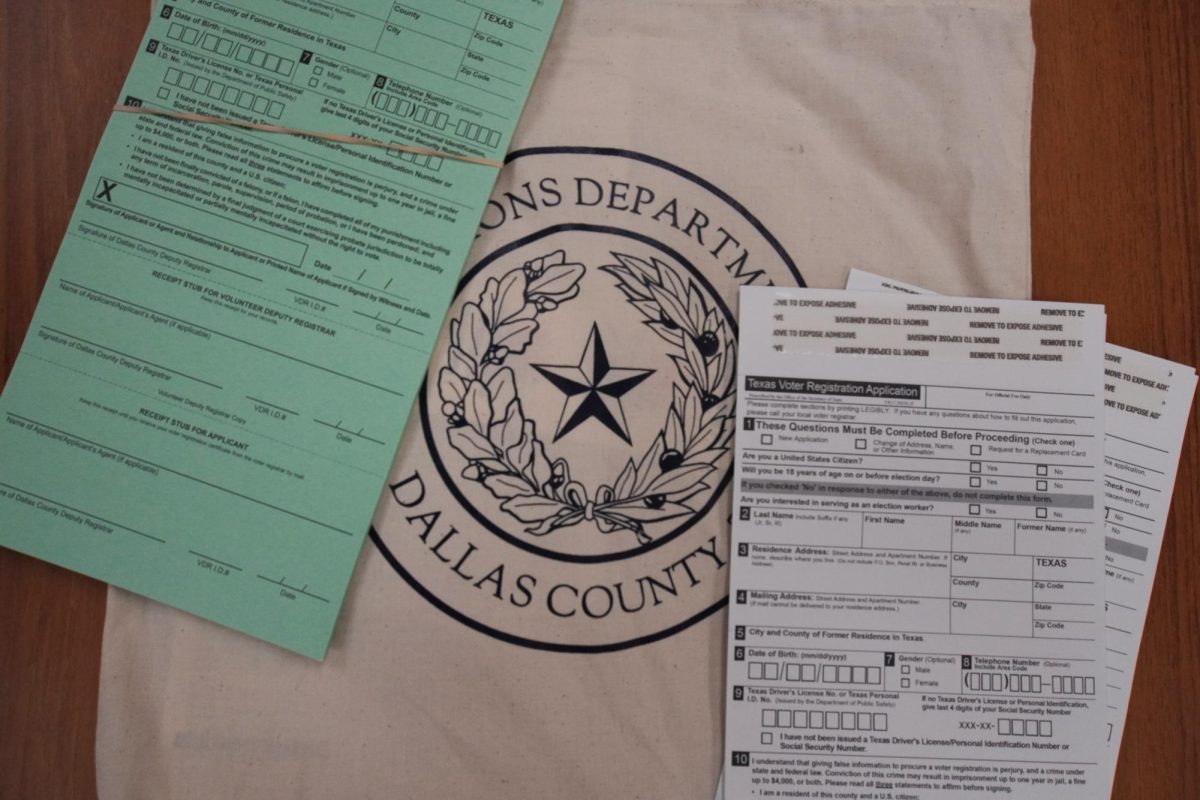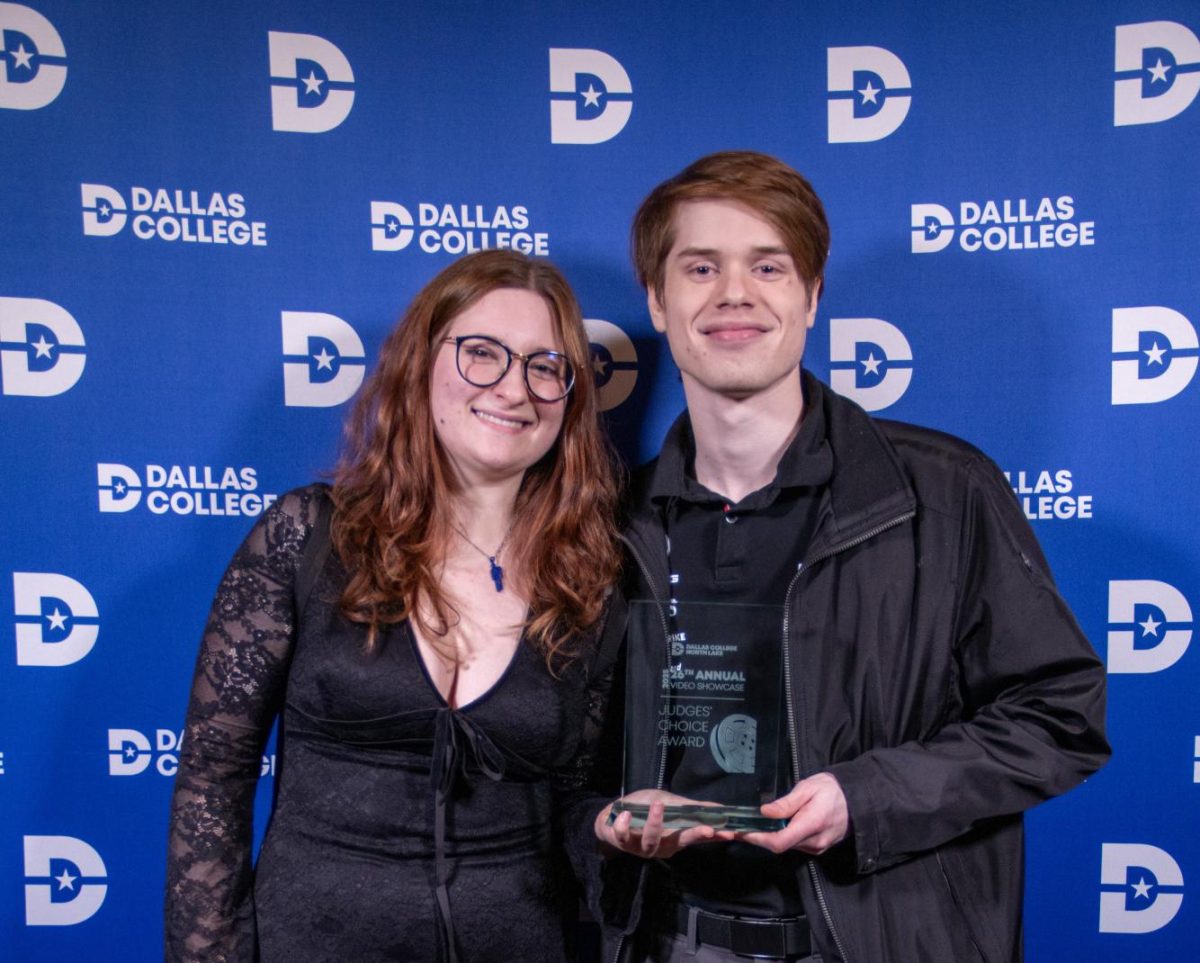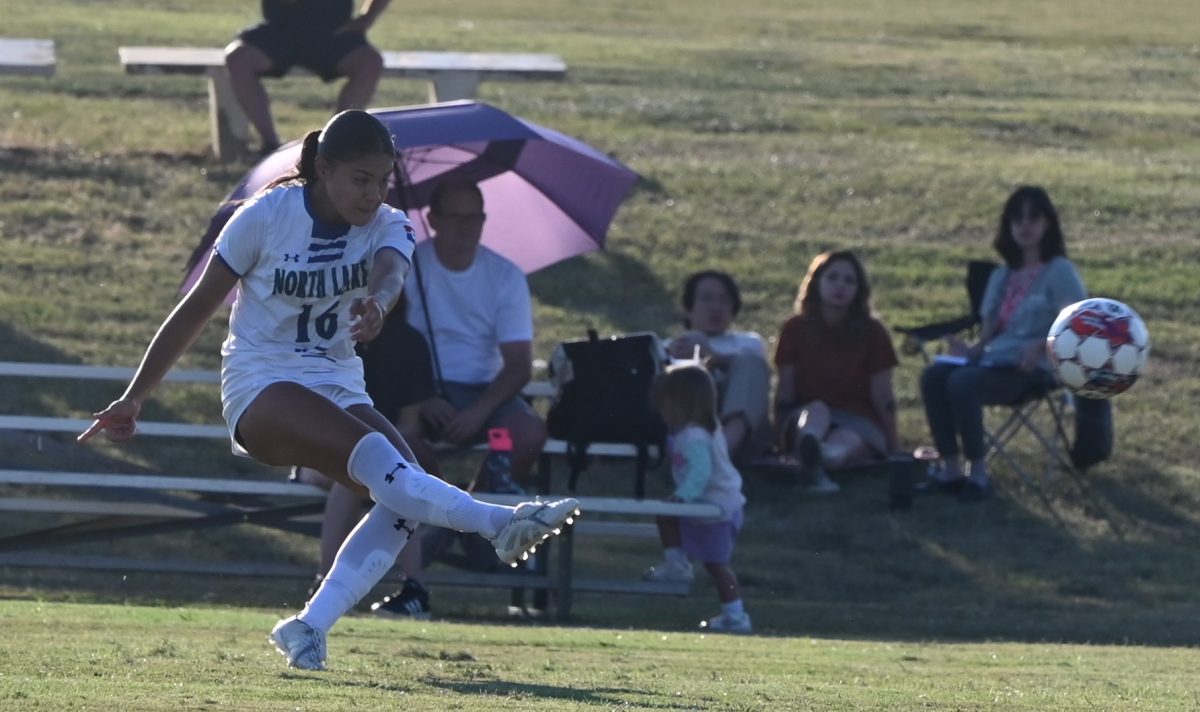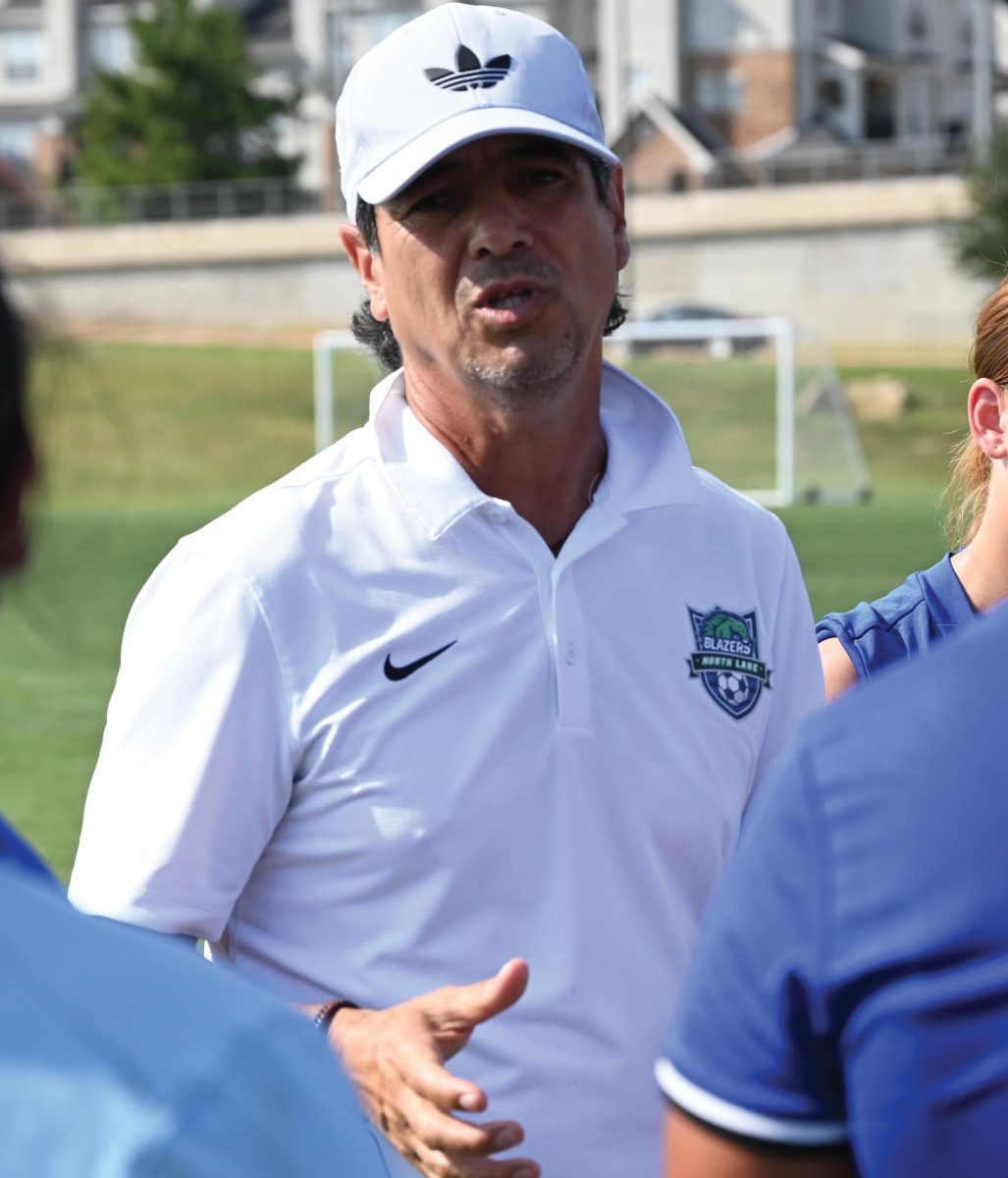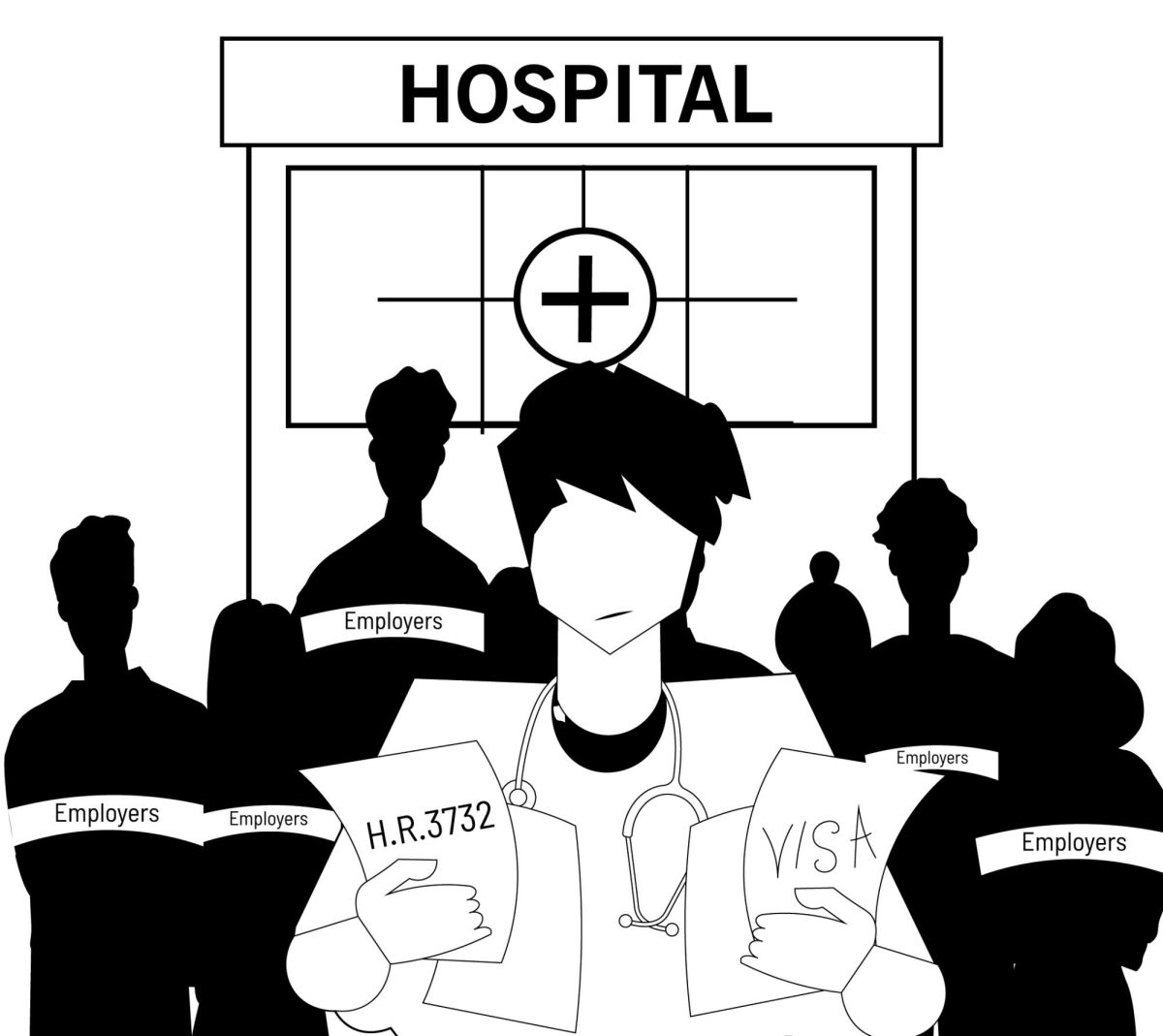Thousands of educated people are jobless around the world, while the U.S. is facing an employment shortage in the healthcare sector. Isn’t it surprising? There is a saying by Albert Einstein: “In the middle of difficulty lies opportunity.”
This highlights that we can resolve the issue by providing jobs to educated people from around the world and overcome the challenging workforce shortage in the future.
The Act of 2023, or H.R. 3732, has initiated a proposal to bring professionals from outside the U.S. The act has been proposed but has not yet been passed by the committee.
Rep. Adam Smith (D-Washington, D.C.) has introduced H.R. 3732, seeking international healthcare candidates who are well-qualified and talented but lack employment opportunities in their home countries.
If this act is passed, it will not only help address the workforce shortage but also bring culturally competent manpower to the U.S. healthcare system.
The U.S. has a diverse culture and languages, and this act will benefit immigrants and people from minority backgrounds by improving their quality of life, as better healthcare is a fundamental aspect of living well.
As an international student pursuing nursing in the U.S., I personally witness the struggles skilled immigrants face. Although many international professionals immigrate to the U.S. seeking better life opportunities, they encounter numerous barriers.
For example, these include translating their degrees, long waiting periods, and licensing exams. Such challenges often force immigrants to limit their career potential or even pursue entirely different career paths. H.R. 3732 proposes a more efficient process to help highly skilled international professionals meet U.S. standards, creating a more straightforward pathway for qualified individuals to contribute where their skills are most urgently needed.
According to the bill’s opponents, bringing in foreign professionals may reduce the number of strong domestic workers and take attention away from measures to strengthen the domestic healthcare workforce. H.R. 3732, however, is intended to support development in healthcare rather than to replace it. Although funding training programs for students born in the United States is crucial, these efforts require time to provide skilled workers.
Professionals with foreign education, on the other hand, are prepared right now and have the information and abilities that might have an instant influence on patient care. Thus, by addressing shortfalls immediately and having a workforce prepared to act, H.R. 3732 enhances long-term workforce development.
The difficulties of confirming international qualifications and making sure these experts follow U.S. standards may also be cited by opponents.
Although credentialing is a legitimate factor, technology and global collaborations have made establishing trustworthy assessment systems simpler.
To assist workers with foreign education, H.R. 3732 also provides for English language instruction and healthcare courses tailored to the United States. This law provides a solution that benefits patients, health systems, and the professionals involved by taking on such issues head-on.
The bill’s ability to improve cultural competence in American healthcare is one of its strongest points. In addition to bridging language barriers, a more varied workforce improves comprehension of cultural quirks that may affect health results.
For example, patients frequently feel more at ease talking about delicate topics with someone familiar with their past, which promotes improved communication and more individualized treatment.
Results increase and trust is built more rapidly when patients and health workers speak the same language or have comparable cultural experiences. H.R. 3732 eventually advances a healthcare system more adapted to the multicultural population of the United States by fostering a more diversified workforce.
If this bill is passed, it will be a step towards the development of the US healthcare system to be more inclusive and efficient. The change is not possible without public support. I encourage readers to support this bill by writing letters or emails to their representatives, especially those on the Committee on Energy and Commerce. By endorsing this legislation, we can take an important step in addressing the healthcare workforce shortage, improving care in underserved areas, and providing skilled immigrants with the opportunities they deserve.
This bill is more than a policy; it’s a promise to recognize the value of international talent and address the healthcare needs of every American.
The opportunity is clear. I support H.R. 3732; it presents a balanced approach to a pressing issue, leveraging the potential of skilled international professionals while continuing to nurture a strong domestic workforce.
Supporting this bill means supporting a healthier, more accessible healthcare system for all.
Asmita Subedi is a nursing student at North Lake Campus. She wrote this op-ed as a requirement for RNSG-1441-71002 (Common Concepts of Adult Health).


